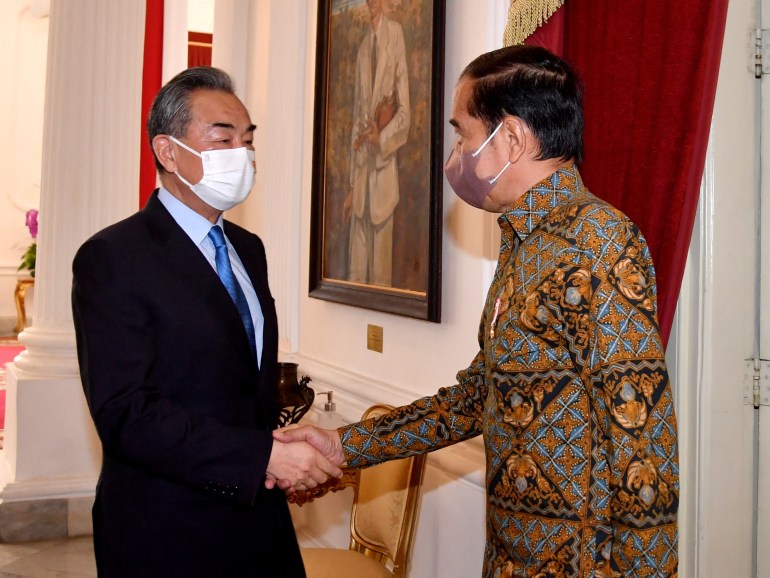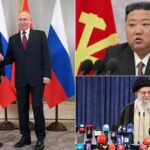Beijing (11/07 – 27.27) China’s foreign minister Wang Yi has said that Southeast Asian nations should avoid being used as “chess pieces in major power rivalries”.
Addressing the Association of Southeast Asian Nations (ASEAN) secretariat in the Indonesian capital, Jakarta, on Monday, Wang said many countries in the region were under pressure to take sides.
“We should insulate this region from geopolitical calculations and the trap of the law of the jungle, from being used as chess pieces in major power rivalry and from coercion,” he said, speaking through a translator.
“The future of our region should be in our own hands,” he added.
Southeast Asia has long been an area of geopolitical friction between major powers given its strategic importance, with countries in the region now wary of being caught in the middle of United States-China rivalry.
Heightening tensions, China claims almost the entire South China Sea as its territory based on what it says are historical maps, putting it at odds with some ASEAN countries which say the claims are inconsistent with international law.

Wang’s speech comes just days after he attended a G20 foreign ministers’ meeting in Bali and amid intense Chinese diplomacy that has seen him make a string of stops across the region in recent weeks.
On the sidelines of the G20, Wang held a five-hour meeting with US Secretary of State Antony Blinken with both describing their first in-person talks since October as “candid”.
Wang said on Monday he had told Blinken both sides should discuss the establishment of rules for positive interactions and to jointly uphold regionalism in the Asia Pacific.
“The core elements are to support ASEAN centrality, uphold the existing regional corporation framework, respect each other’s legitimate rights and interests in the Asia Pacific instead of aiming to antagonise or contain the other side,” he said.
Wang also called on ASEAN countries to oppose “fake regional cooperation that keeps certain countries out” – a reference to US-led security and trade blocks that China is not a part of.
The meeting between Wang and Blinken came amid preparations for virtual talks in the coming weeks between Chinese President Xi Jinping and President Joe Biden.
After a long chill during the pandemic between the two countries, the two countries’ defence, finance, and national security chiefs have all spoken since last month.















